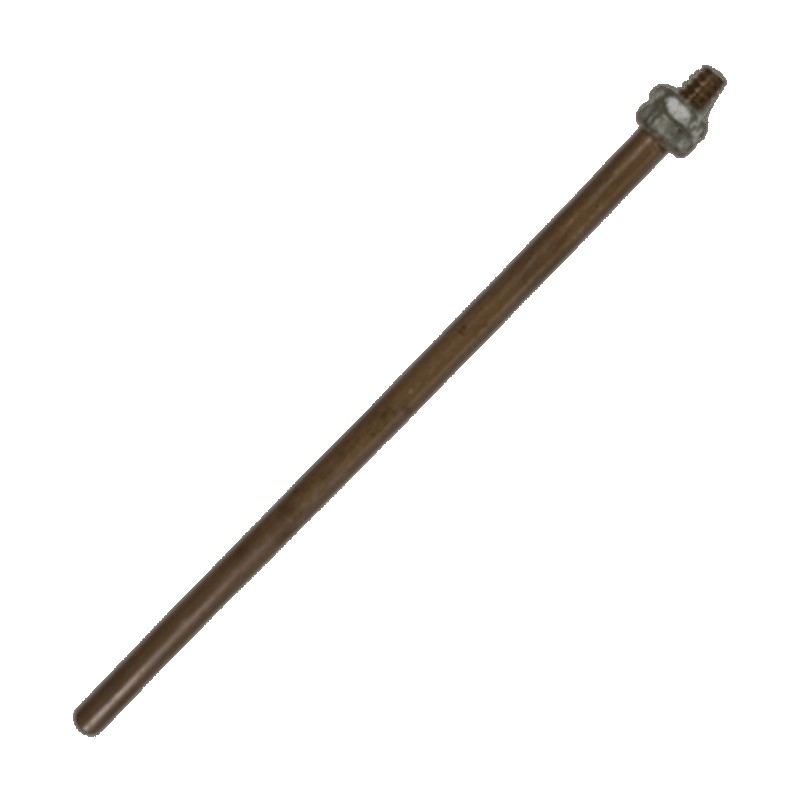
Price :
৳220
Estimated Shipping Time: 2 to 3 days
Uses: Electrode Construction , Conductivity Testing
Product SKU: zta05240rm
Copper Rod for Electrochemistry Experiments
A copper rod is a cylindrical metal rod made from high-purity copper, known for its excellent electrical and thermal conductivity. In electrochemistry experiments, it serves as an electrode or a conductor in various electrochemical cells, such as galvanic cells and electrolytic cells. Copper rods can vary in size and diameter, allowing for versatility in different experimental setups.
Electrode Material: Used as a cathode or anode in electrochemical cells due to its conductive properties.
Conductivity Testing: Helps in experiments to measure the conductivity of electrolytes by providing a reliable conducting surface.
Corrosion Studies: Useful in studying the corrosion behavior of metals in various electrolytic solutions.
Electroplating: Acts as a substrate in electroplating processes to deposit metals onto its surface.
Redox Reactions: Involved in redox reactions where it can participate in electron transfer processes.
Cleanliness: Ensure the copper rod is clean and free from oxidation or contaminants to maintain conductivity.
Handling: Use gloves when handling to avoid skin oils affecting the rod's surface and altering its electrochemical properties.
Corrosion Monitoring: Regularly check for signs of corrosion, especially if used in corrosive environments, to prevent material degradation.
Proper Storage: Store in a dry place to prevent oxidation when not in use.
Correct Usage: Follow appropriate procedures for connecting the copper rod in circuits to prevent short circuits or damage to the experimental setup.
Corrosion Resistance: While copper can corrode, its resistance to oxidation in certain environments allows for reliable use in various electrochemical applications.
Versatile Size and Shape: Available in various diameters and lengths, copper rods can be selected based on the specific requirements of the experiment.
Thermal Conductivity: Apart from electrical conductivity, copper also has good thermal conductivity, which can be beneficial in experiments that involve heat transfer.
Malleability and Ductility: Copper's malleable nature allows it to be easily shaped or formed, making it adaptable for different experimental setups.
No Review Found.
Login To Comment